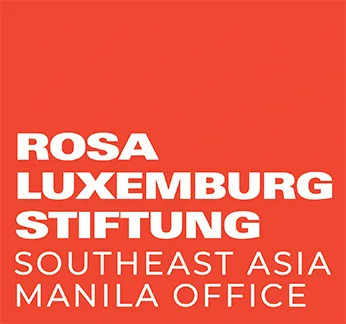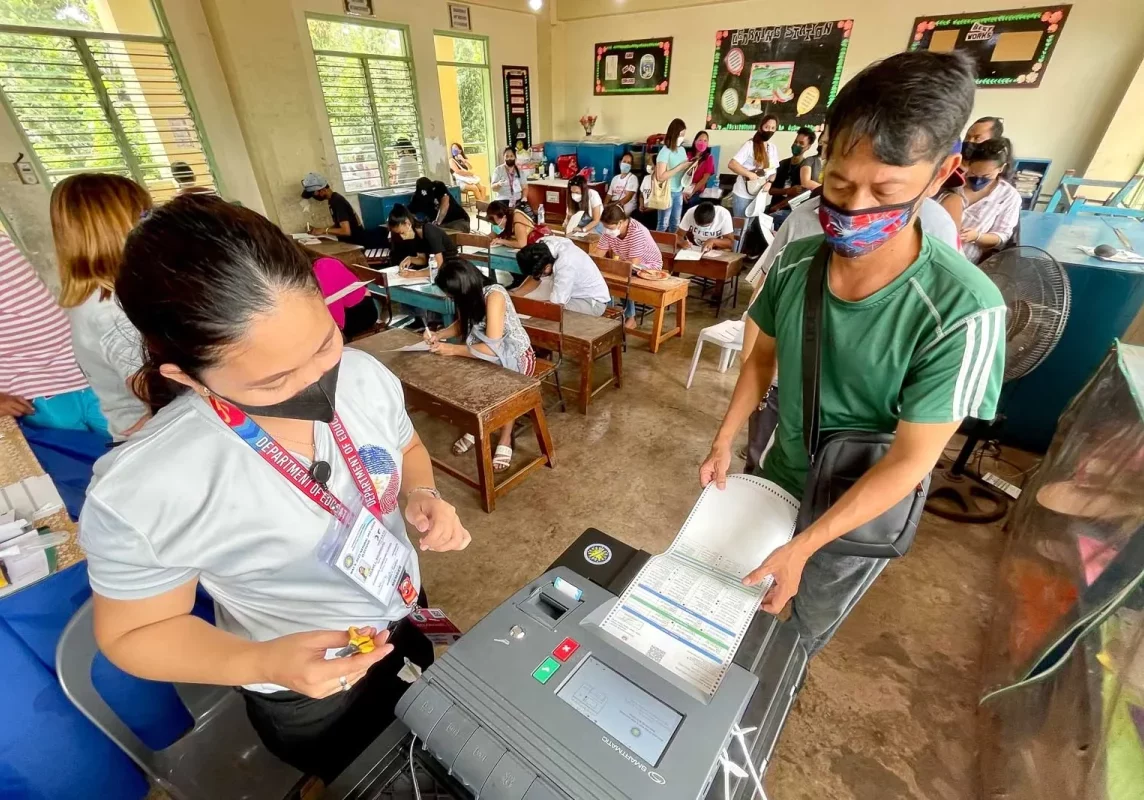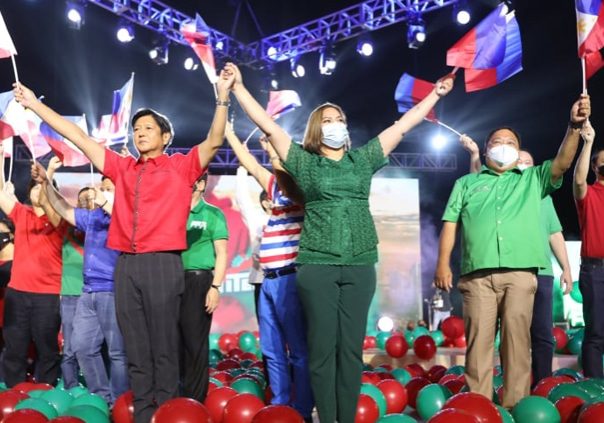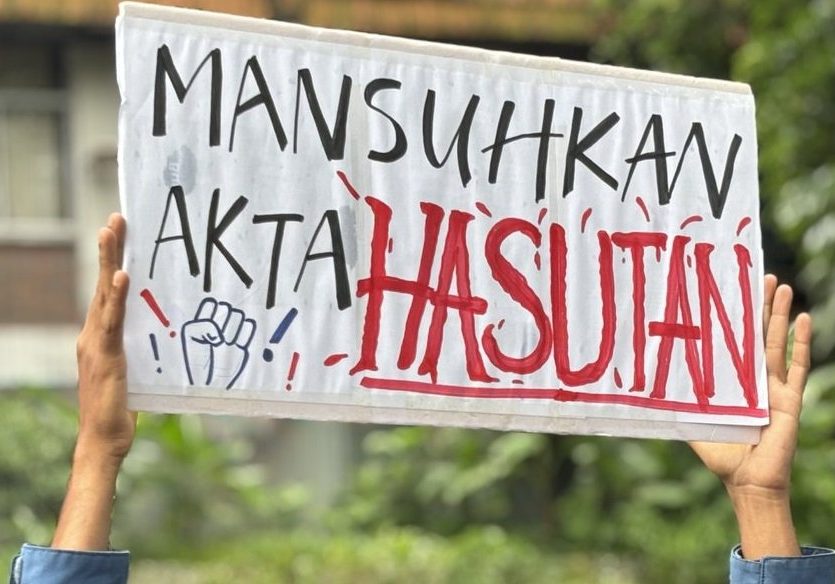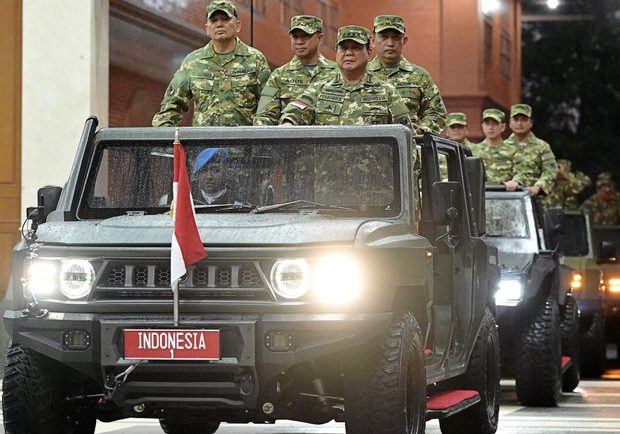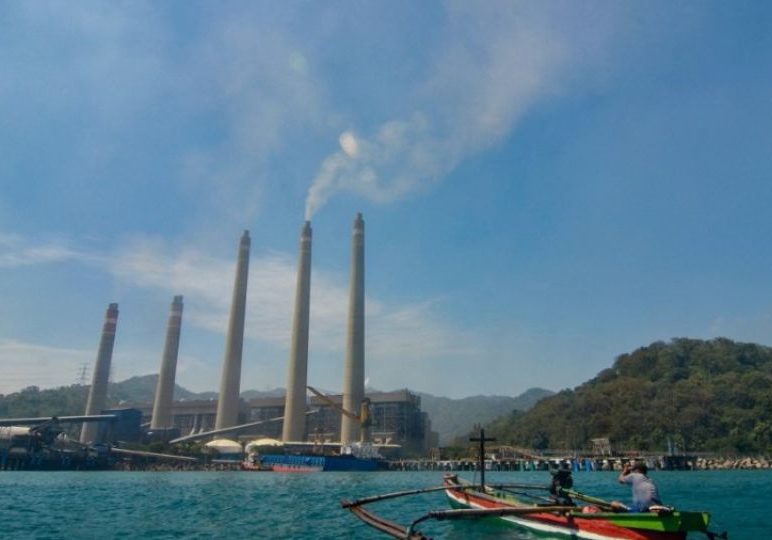Share
At present, the growing global demand of nickel is associated with switching to clean sources of energy, mainly in the mobility sector, to tackle the climate crisis. This demand is linked to policies, such as in the EU, which pushes for the eventual ban of petrol car sales by 2035.
Concerns have been raised about environmental and human rights issues related to the supply chain of critical materials including nickel and cobalt. Thus, some policies on standards for the responsible sourcing of critical materials have been issued and implemented in recent years.
In this new study, AEER with the support of Powershift Germany, mapped the supply chain of battery-grade nickel for electric vehicles, ranging from the production of mined nickel, refined nickel, cathode materials, and EV batteries. The study focuses on specific nickel mining and smelting companies belonging or related to Huayou Cobalt Co., Ltd., operating in Indonesia, and their links to battery manufacturer CATL and German automakers.
This report highlights environmental and human rights violations in the Indonesian nickel industry, such that the battery makers and automakers are at risk of being linked to those violations. German EV makers whose nickel likely arrives from Indonesia have a duty to prevent environmental and human rights violations within their nickel supply chain as stipulated by the Germany Supply Chain Due Diligence Act, the EU Corporate Sustainability Due Diligence Directive, and the EU Battery Regulation.
